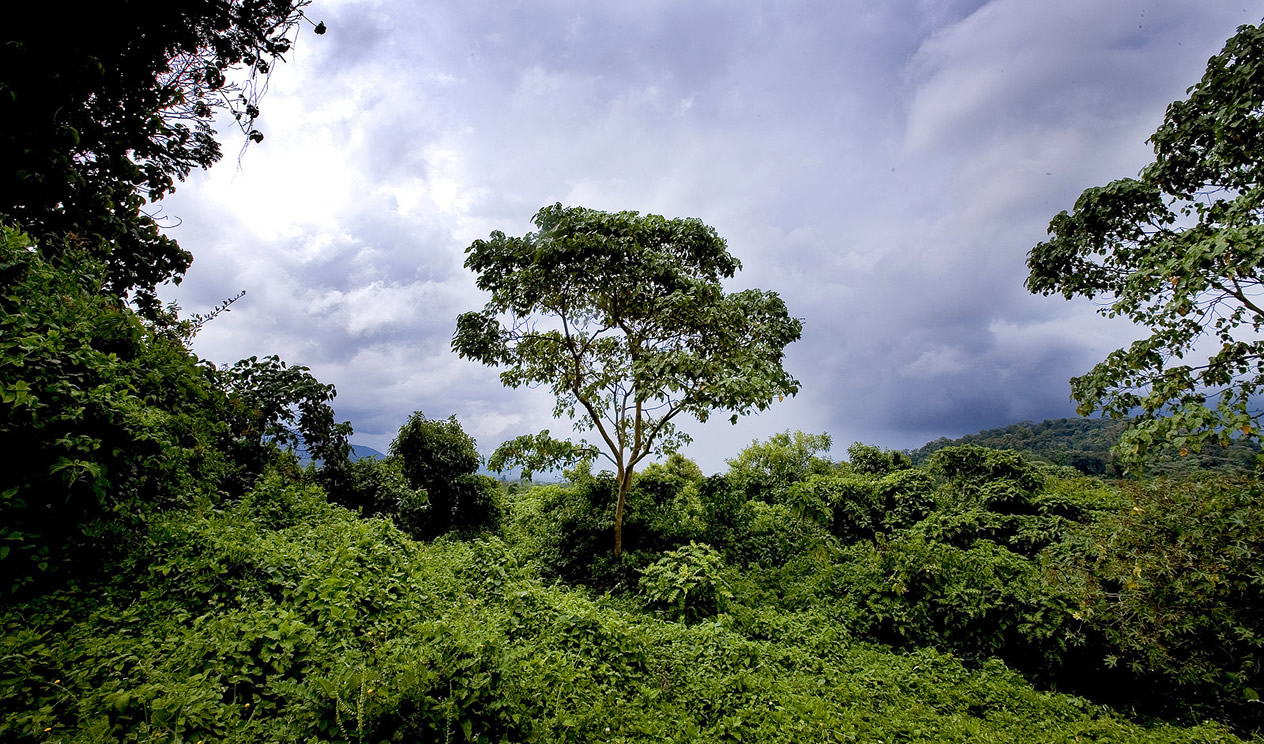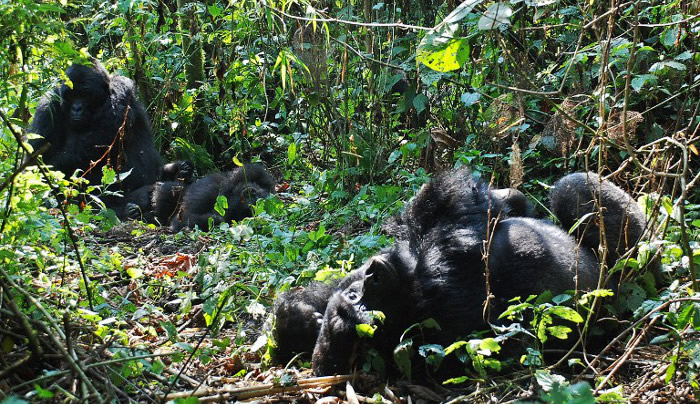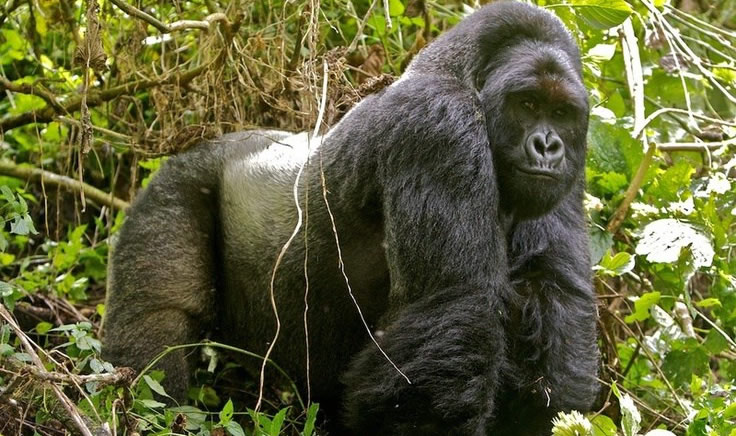Virunga national park has for years been battling with political strife and civil insurgencies and hostility from resident rebel groups in the forest. However with the recent peace and calmness in the region, tourism had gradually picked up and the park was flourishing once again in many years. However the kidnappings of May 11th posed yet another great state of insecurity towards travelers as never before, making it the first ever direct attack targeting the tourists.

Virunga National Park
In a similar manner, 6 park rangers were robbed of their lives while on duty in the park’s most remote section when they fell in an ambush of purported militia rebels, known as Mai Mai who are known to reside in this forest.
The park authorities have then considered suspending and halting all tourism activities in Virunga national park following the 11th May kidnap of 2 British tourists, driver and the park ranger who was later killed.
The Virunga park authorities announced the indefinite suspension 3 days later after release of the tourists on 15th May 2018; however reports on when the park will reopen are still undisclosed as security conditions still remain fragile.
The kidnaps took place on Friday 11th May 2018 in the Nyiragongo territory, north of Goma and the female ranger aged 25 was shot and she died shortly after admission in a nearby hospital.
The U.S State Department listed D.R. Congo at Level 3 on their four – level travel advisory list, advising American travelers to “reconsider travel” to the central African country due to “crime and civil unrest”.

Gorilla Family Virunga Park
All travelers who had booked their trips to Virunga national park are urged to get in touch with their booking agents and discuss alternative journey or cancellation will full refund. Many travel agencies have already offered refunds to clients who considered cancellation, while others are offering alternative trips to the neighboring Uganda and Rwanda for gorilla trekking and wildlife tours.
This unexpected closure removes Virunga conservation area, one of Africa’s premier and oldest treasures from the travelers’ list. In 2014, its southern section was the first to be reopened to travelers, however security has never been fully guaranteed as rebels have continuously showed up on different occasions.
Groups of armed militia known as Mai-Mai still operate in the park’s interior, exploiting its water bodies, forests, and wildlife. Five rangers and their driver were killed in a single attack by these militia groups earlier this year in April.
Virunga National Park, also known as Parc national des Virunga is a popular protected area and Africa’s oldest and largest national park, which covers 3,000 miles, located in the Virunga region and home to an extended chain of 8 mountains spanning Uganda, Rwanda and D.R. Congo. This park is a significant conservation area which shelters more than a quarter of the world’s endangered mountain gorillas and the eastern lowland gorillas, buffaloes, elephants and abundant bird-life.

Sliverback Gorilla in Virunga Park – DRC
Virunga national park has seen a rise in her visitor population since 2004, and for 4 years since it was reopened the numbers have been growing magically from almost none to 100,000 last year.
As a result, the park now funds its annual running costs typically from tourism revenues which amount to $10m and this covers 6 aircraft, a rapid-reaction force, 800 rangers, intelligence operation, 24 hour operation Centre and canine unit.
Travel risks in Virunga national park.
In the recent past, Virunga national park had gained significant popularity and stability, but resistance and threats posed majorly by poachers and militia groups whose target are park rangers have failed to seize.
For the last 20 years, a total 170 rangers have lost their lives in the hands of either militia groups or by poachers.
Currently, poachers are still active in the park, charcoal industry who felly trees and those interested in oil exploration.
Travelers remain vulnerable if moving without escorted transportation in region of Goma and other parts of Eastern D.R. Congo and the “risk of injury and kidnap as a result of armed groups and criminal activity remains high”.
